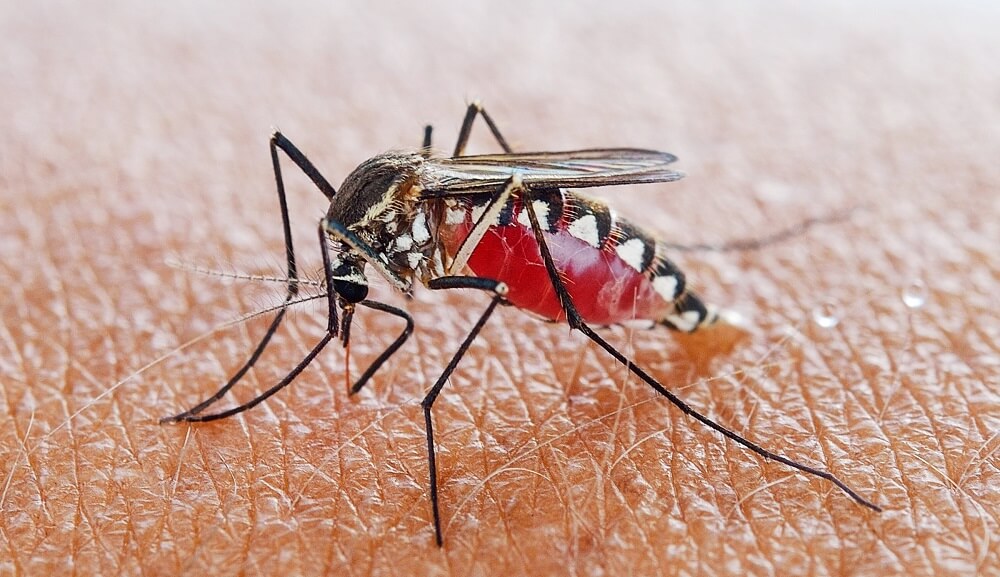Malaria Killed 597,000 People In 2023 — WHO

The World Health Organization (WHO), estimates that around 2.2 billion cases of malaria have been prevented since the year 2000 through risk education, use of mosquito nets and vaccinations.
According to a report published in Geneva on Wednesday, WHO said around 12.7 million deaths have been averted and 17 countries now routinely vaccinate young children against malaria.
It also noted that the disease remains a serious global health threat, particularly in the WHO African Region
The report said there were an estimated 263 million cases and 597,000 malaria deaths worldwide in 2023. This represents 11 million more cases in 2023 compared to 2022, which is nearly the same number of deaths.
The WHO Director-General Dr. Tedros Adhanom, who said said “No one should die of malaria”, recalled that the disease continues to disproportionately harm people living in the African region, especially young children and pregnant women.
Tedros noted that an expanded package of lifesaving tools now offers better protection against the disease, but stepped-up investments and action in high-burden African countries are needed to curb the threat.
The report noted that as of November 2024, out of the 83 malaria-endemic countries now report fewer than 10 cases of malaria in a year, which is an increase from 4 countries in 2000. It also noted that although there was a slight decline in fatalities, there were four per cent more infections, totaling 263 million.
The WHO announced that the infectious disease has now been eradicated in 44 countries and the French Indian Ocean territory of La Réunion. Out of the 83 countries where it still occurs, 25 now have fewer than 10 cases per year and in Africa, the mortality rate has been reduced by 16 per cent since 2015.
The report also stated that earlier this year, Ministers of Health from 11 African countries that account for two-thirds of the global malaria burden (Burkina Faso, Cameroon, Democratic Republic of the Congo, Ghana, Mali, Mozambique, Niger, Nigeria, Sudan, United Republic of Tanzania and Uganda) signed a declaration pledging to sustainably and equitably lower the disease burden and address the root causes by strengthening national health systems, enhancing coordination and ensuring the strategic use of information, among other actions.
WHO further reported that beyond funding, malaria-endemic countries continue to grapple with fragile health systems, weak surveillance, and rising biological threats, such as drug and insecticide resistance.
It added that conflict, natural disaster, climate change, and population displacement worsens the already pervasive health inequality faced by people.
This year’s World malaria report highlights the need for a more inclusive and effective response to reach those most vulnerable to the disease, and urged countries to prioritize primary health care as the foundation of equitable and efficient health systems.
WHO called for investments in robust data systems that are capable of monitoring health inequalities, including through the collection and analysis of data disaggregated by sex, age and other social stratifiers.
Malaria Killed 597,000 People In 2023 — WHO is first published on The Whistler Newspaper



